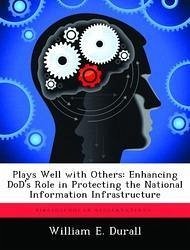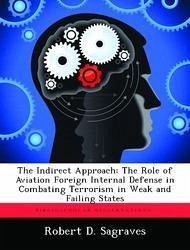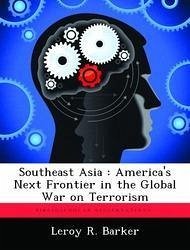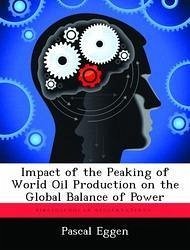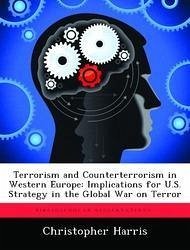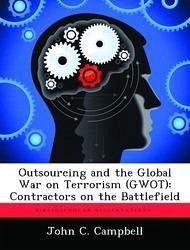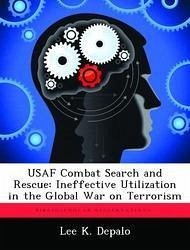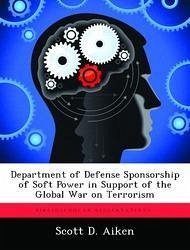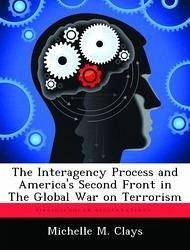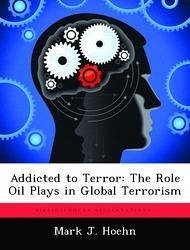
Addicted to Terror: The Role Oil Plays in Global Terrorism
Versandkostenfrei!
Versandfertig in über 4 Wochen
52,99 €
inkl. MwSt.

PAYBACK Punkte
26 °P sammeln!
Since the attacks of 9/11 there has been no shortage of debate as to the motivations and aspirations of Islamist associations like Al Qaeda and associated movements (AQAM). One perspective is that AQAM is simply a fanatical organization, empowered by strong religious underpinnings, that promotes violence in order to achieve realization of a global Caliphate. In this case, terrorism is a means to achieve this end and targeting leaders and individuals within the group is one method of countering the terrorist threat. Another view is that AQAM represents a complex response to economic, social, an...
Since the attacks of 9/11 there has been no shortage of debate as to the motivations and aspirations of Islamist associations like Al Qaeda and associated movements (AQAM). One perspective is that AQAM is simply a fanatical organization, empowered by strong religious underpinnings, that promotes violence in order to achieve realization of a global Caliphate. In this case, terrorism is a means to achieve this end and targeting leaders and individuals within the group is one method of countering the terrorist threat. Another view is that AQAM represents a complex response to economic, social, and political forces within the Middle East. If this second view is correct, then terrorism is a symptom of the poverty, oppression, and disenfranchisement that result from many authoritarian Arab regimes. Efforts to defeat terrorism, in this case, should not focus on eliminating leaders and groups, but rather should concentrate on bringing about serious reforms in the economic, political, and social arenas, especially in countries with historical links to AQAM. In the Middle East, these reforms necessarily revolve around oil!



